Summer Newsletter — We have been busy

Water for Humans Summer Newsletter: 2014
WFH exists because of you!!! Thank you for your support.
click on a picture for the story behind it

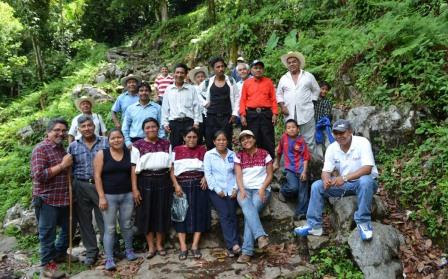
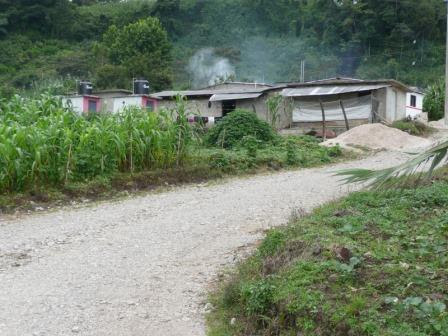


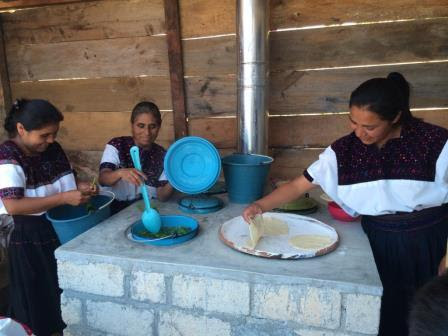
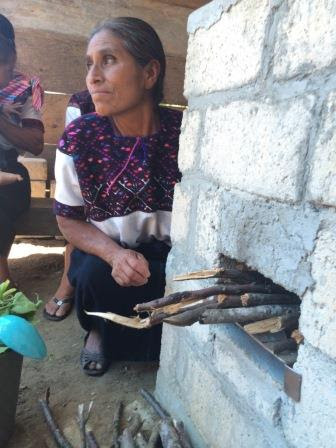
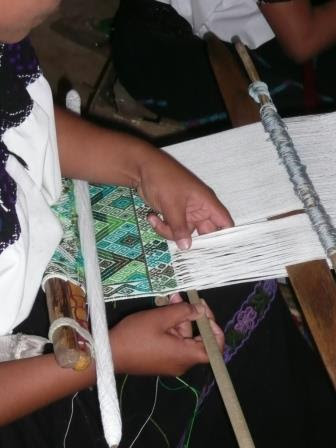
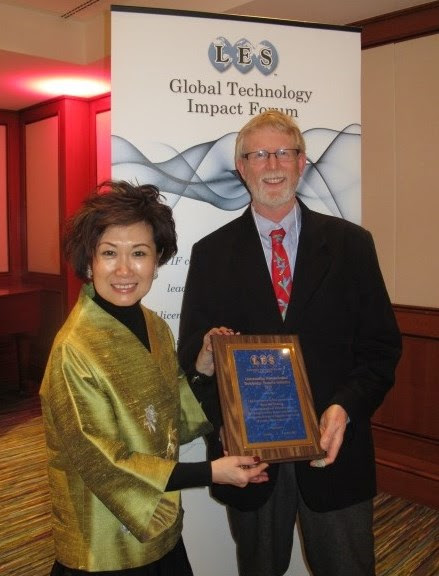
BEAUTIFUL DISHES

This success has caused us to pursue a second generation clean cook-stove – Generation 2.0. This new stove design will be less costly and much easier to build, more efficient, and thus more sustainable. To make this a reality, we are raising funds for research and development, prototype tooling, and stove certification by the Aprovecho Research Center in Cottage Grove, OR. Certification is very important, because it will give the stove world-wide credibility and enable the stove-builders and emerging social venture enterprise to support their claims as they market the stove.
Certification of clean cook-stoves is an initiative from the UN and the World Bank. Generaton 2.0 will meet the certification standards of the Global Alliance for Clean Cook-stoves. This includes international standards certified by a third party for indoor and outdoor emissions, and overall cooking efficiencies. The certification process enhances WFH’s design process for producing a better stove. It also allows governments, NGOs and end users to objectively evaluate different technologies and provides the potential of selling carbon credits to support climate change initiatives. The Gen-2 clean cook-stoves will be tested in the homes of participating community members.
Our goal: Generation 2.0 cook-stove will be ready six to nine months after we secure the required funding.
CHIAPAS DELEGATION

THE ROAD INTO BAYALEMO, Larrainzar Municipality, Chiapas

THE STOVE DESIGN PROCESS

BIG PILES OF WOOD

HAPPY WOMEN COOKING

WOMAN WITH LA MAZATECA

HANDS WEAVING

RICK IN A SUIT

With the help of our partner, The Hunger Project (THP), and patent attorneys associated with Invent for Humanity, we plan to secure intellectual property rights in Latin America and India. In collaboration with THP, we will help form a co-op business structure for a social enterprise starting with our current promoters (stove builders) to make the stoves available in the greater Mazateca region.

